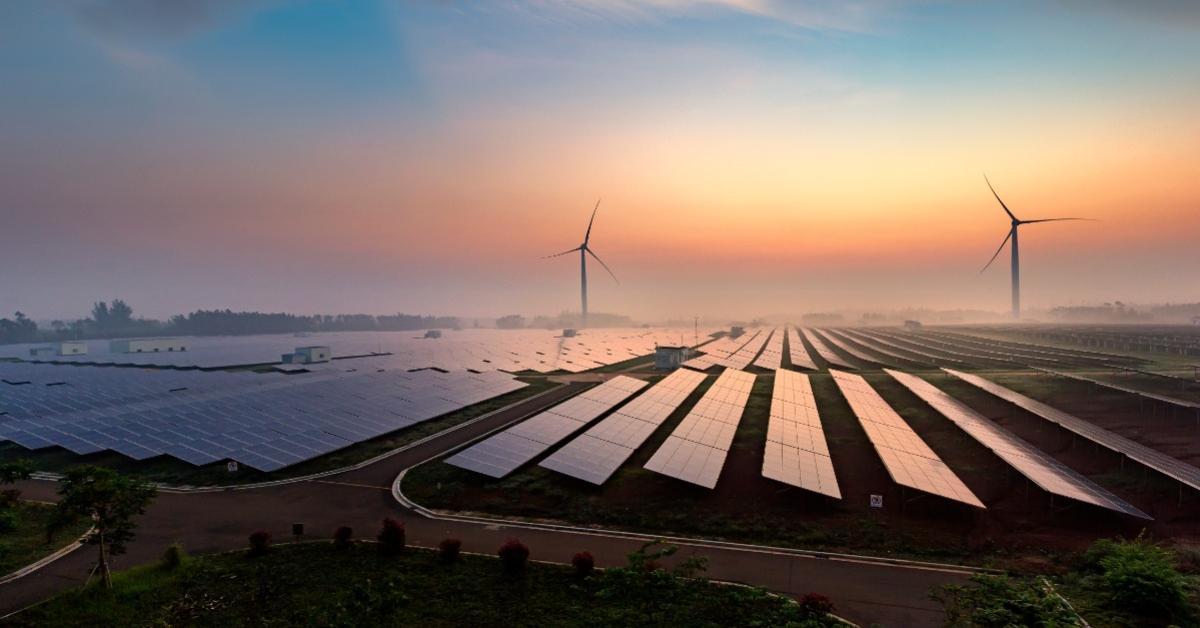In his recent address, President Joe Biden claimed that “wind and solar are already significantly cheaper than coal and oil.” This is flat-out wrong. There are many arguments that can be made for Biden’s claim. However, not only can they all be refuted, but they have all already been refuted.
Alex Epstein, in his book Fossil Future: Why Global Human Flourishing Requires More Oil, Coal, and Natural Gas—Not Less, explains that two facts are ignored when pretending that wind and solar are cheaper. The first is that
solar and wind exist in large quantities exclusively in places where they are given massive government preferences. When you look at where solar and wind are used, you will invariably find subsidies—that is, the government forcing taxpayers to give money to solar and wind companies. Often, governments actually mandate a certain percentage of solar and wind by law.
These “significantly cheaper” sources only manage to be so when we’re paying indirectly for subsidies to make them cheaper. On top of that, this fact merely discusses the ways in which the prices of energy are otherwise distorted through various laws and incentives. The United States Department of Energy lists 1,854 different laws and incentives currently on the books. There are so many various government interruptions in the market that when I first attempted to download the dataset to look at the laws currently in place, it crashed my computer. Energy is one of the most highly regulated markets in existence, all to create the appearance that wind and solar energy are cheaper than fossil fuels.
From here, Epstein answers the question: Why do supposed alternative energies need so much subsidization if they are so much cheaper? This leads to the second fact that is often ignored in this discourse: “Contrary to claims of lower costs, the places that use the most solar and wind on their grid tend to have the highest electricity costs.”
This is the case because even if one were to concede that wind and solar are cheaper than coal and oil (they are not) and if one were to concede that this is happening on a free market (it is not), it would still be missing part of the picture. Even if wind and solar somehow were to have lower money costs, they make up for it in the cost of their diluteness and their intermittency.
Epstein explains the flaws in the diluteness of solar and wind by showing that they require more land per unit of energy than fossil fuels do, more mining-intensive resources (ten times more mined materials needed than when building the infrastructure for fossil fuels electricity generation), and long-distance-transmission infrastructure costs. Diluteness, he states, poses a major threat to the cost-effectiveness of wind and solar.
However, the costs do not stop there. They are intensified by the even-worse cost of intermittency. One of the most important elements of any energy is being able to control it, and solar and wind do not offer that. In order to address these two types of costs, Epstein shows that there are three possible approaches:
Relying on some controllable source of energy, such as fossil fuelsRelying on a diverse, distant, and enormous network of solar panels and wind turbines—so there is always sufficient electricity from somewhereRelying on a man-made storage system to store enough intermittent energy to always be able to meet demand
The current reality of solar and wind is that none of these approaches has yet proven cost-effective, and only the first approach—relying on some controllable source of energy, such as fossil fuels—has been implemented at any cost.
President Biden and other adversaries of fossil fuels will always try to make claims such as “wind and solar are significantly cheaper than coal and oil,” but the reality is that it is simply not true. Wind and solar are not cheaper than coal and oil. They require massive subsidization to even compete, and on the back of that massive subsidization, they are still too diluted and require the support of fossil fuels in order to remain reliable.
























